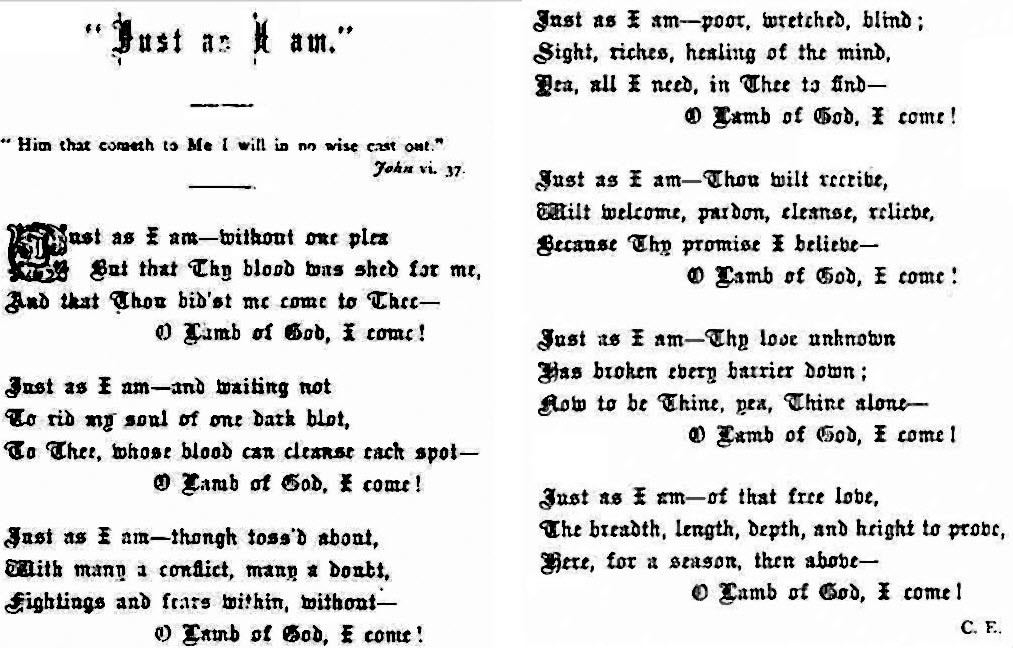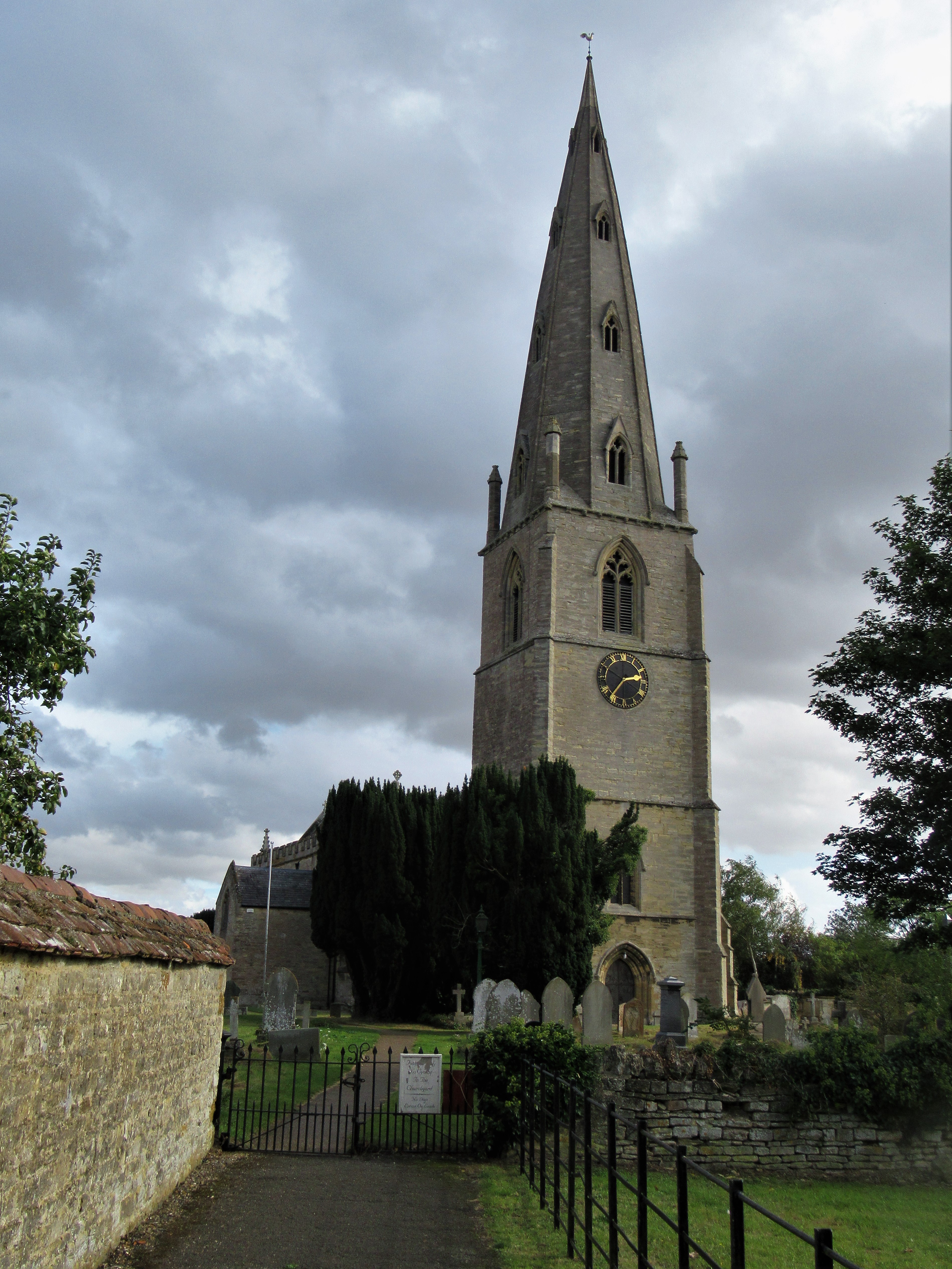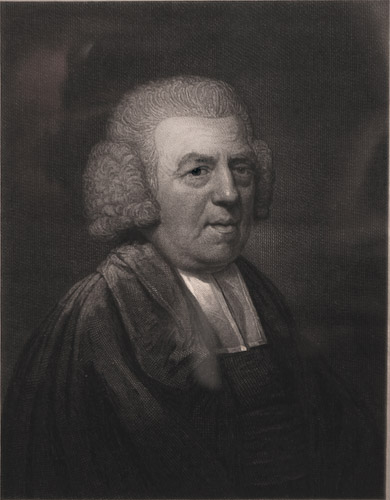|
Crossings (Tony Rice Album)
''Crossings'' is a gospel album by American guitarist Tony Rice, released in 1994. Track listing # " In the Sweet By and By" (Traditional, Joseph P. Webster) # " I Have Decided to Follow Jesus" # "Swing Low, Sweet Chariot" (Traditional) # "Holy, Holy, Holy" # "Living by Faith" # "Amazing Grace" (John Newton) # "Victory in Jesus" # "Sweet Hour of Prayer" (Traditional) # "I Feel Like Traveling On" # " Just as I Am" (Charlotte Elliott) # " Are You Washed in the Blood?" (Traditional) # "Doxology" Personnel * Tony Rice David Anthony Rice (June 8, 1951 – December 25, 2020) was an American bluegrass guitarist and singer. He was an influential acoustic guitar player in bluegrass, progressive bluegrass, newgrass and acoustic jazz. He was inducted into the In ... – guitar, vocals * David Johnson – banjo, fiddle, guitar, harmonica, mandolin, viola, banjolin, dobro * Tim Surrett – Bass * Ben Isaacs – Bass * Tony Creasman – drums, percussion Production notes: * David ... [...More Info...] [...Related Items...] OR: [Wikipedia] [Google] [Baidu] |
Tony Rice
David Anthony Rice (June 8, 1951 – December 25, 2020) was an American bluegrass guitarist and singer. He was an influential acoustic guitar player in bluegrass, progressive bluegrass, newgrass and acoustic jazz. He was inducted into the International Bluegrass Music Hall of Fame in 2013. Rice's music spans the range of acoustic music from traditional bluegrass to jazz influenced, New Acoustic music to songwriter-oriented folk. Over the course of his career, he played alongside J. D. Crowe and the New South, David Grisman (during the formation of Dawg Music) and Jerry Garcia, led his own band, the Tony Rice Unit, collaborated with Norman Blake, recorded with his brothers Wyatt, Ron, and Larry, and co-founded the Bluegrass Album Band. Over the course of his career, he recorded with drums, piano and soprano sax as well as with traditional bluegrass instruments. Early years Rice was born in Danville, Virginia, Growing up, Tony had somewhat of a nomadic childhood. In sea ... [...More Info...] [...Related Items...] OR: [Wikipedia] [Google] [Baidu] |
Joseph P
Joseph is a common male name, derived from the Hebrew (). "Joseph" is used, along with "Josef (given name), Josef", mostly in English, French and partially German languages. This spelling is also found as a variant in the languages of the modern-day Nordic countries. In Portuguese language, Portuguese and Spanish language, Spanish, the name is "José". In Arabic, including in the Quran, the name is spelled , . In Kurdish language, Kurdish (''Kurdî''), the name is , Persian language, Persian, the name is , and in Turkish language, Turkish it is . In Pashto the name is spelled ''Esaf'' (ايسپ) and in Malayalam it is spelled ''Ousep'' (ഔസേപ്പ്). In Tamil language, Tamil, it is spelled as ''Yosepu'' (யோசேப்பு). The name has enjoyed significant popularity in its many forms in numerous countries, and ''Joseph'' was one of the two names, along with ''Robert'', to have remained in the top 10 boys' names list in the US from 1925 to 1972. It is especiall ... [...More Info...] [...Related Items...] OR: [Wikipedia] [Google] [Baidu] |
Are You Washed In The Blood?
Are You Washed in the Blood? is a Christian hymn written in 1878 in Ohio by Elisha Hoffman, a Presbyterian minister from Pennsylvania; it was first published in ''Spiritual Songs for Gospel Meetings and the Sunday School.'' The song "became a marching song for the Salvation Army."W. K. McNeil, ''Encyclopedia of American Gospel Music'' (2005) p. 188 https://books.google.com/books?isbn=0415941792 The song contains many Bible references and allusions, including to: "They have washed their robes and made them white in the blood of the Lamb" from Book of Revelation, Revelation 7:14. The song has been recorded by many notable recording artists, including Johnny Cash, Alan Jackson, Randy Travis, the Louvin Brothers and Ernest Stoneman's Dixie Mountaineers in the Bristol sessions (1927). It can be heard in the Paul Schrader film, ''First Reformed'', as well as the video game ''Wasteland 3'' under the name "Blood of the Lamb" References American Christian hymns 1878 songs 19th-c ... [...More Info...] [...Related Items...] OR: [Wikipedia] [Google] [Baidu] |
Charlotte Elliott
Charlotte Elliott (18 March 1789 – 22 September 1871) was an English evangelical Anglican poet, hymn writer, and editor. She is best known by two hymns, Just As I Am (hymn), "Just As I Am" and "Thy will be done". Elliott edited ''Christian Remembrancer Pocket Book'' (1834–1859) and ''The Invalid's Hymn book'', 6th edition, 1854. To this latter collection, she contributed 112 hymns including "Just As I Am, without one plea", a hymn dated 1836, which was translated into almost every living language of the day. Unsure of her relationship with Christ, she penned words of assurance about Jesus loving her "just as I am." William B. Bradbury composed music for her lyrics and published the song in 1849. The hymn was translated into many languages, with tens of thousands of people committing their lives to Christ during the playing of it. She also published "My God and Father while I stray" (1834) in the same collection. Elliott was the author of ''Hymns for a week'', 1837, ''40th th ... [...More Info...] [...Related Items...] OR: [Wikipedia] [Google] [Baidu] |
Just As I Am (hymn)
"Just as I Am" is a Christian hymn, written by Charlotte Elliott in 1835, first appearing in the ''Christian Remembrancer'', of which Elliott became the editor in 1836. The final verse is taken from Elliott's ''Hours of Sorrow Cheered and Comforted'' (1836). Music It has been set to at least four hymn tunes: * The original, "Woodworth", was written by William Batchelder Bradbury, William B. Bradbury, and was first published in the ''Third Book of Psalmody'' in 1849. The "Woodworth" tune was first used for the hymn "The God of Love Will Soon Indulge". Thomas Hastings (composer), Thomas Hastings adapted Bradbury's tune for "Just as I Am" years later. * In 1890, Arthur H. Brown wrote "Saffron Walden#Music, Saffron Walden" which was published in ''The Hymnal Companion''. * It can also be sung to Gwylfa by D. Lloyd Evans. * John Rogers Thomas wrote a setting for his ''Hymns of the Church'' series. * It is also sung to the Henry Thomas Smart tune "Misericordia". History John Brownlie ... [...More Info...] [...Related Items...] OR: [Wikipedia] [Google] [Baidu] |
John Newton
John Newton (; – 21 December 1807) was an English evangelical Anglican cleric and slavery Abolitionism, abolitionist. He had previously been a captain of slave ships and an investor in the slave trade. He served as a sailor in the Royal Navy (after forced recruitment) and was himself enslaved for a time in West Africa. He is noted for being author of the hymns ''Amazing Grace'' and ''Glorious Things of Thee Are Spoken''. Newton went to sea at a young age and worked on slave ships in the Atlantic slave trade, slave trade for several years. In 1745, he himself became a slave of Princess Peye, a woman of the Sherbro people in what is now Sierra Leone. He was rescued, returned to sea and the trade, becoming Captain of several slave ships. After retiring from active sea-faring, he continued to invest in the slave trade. Some years after experiencing a conversion to Christianity during his rescue, Newton later renounced his trade and became a prominent supporter of Abolitionism in ... [...More Info...] [...Related Items...] OR: [Wikipedia] [Google] [Baidu] |
Amazing Grace
"Amazing Grace" is a Christian hymn written in 1772 and published in 1779 by English Anglican clergyman and poet John Newton (1725–1807). It is possibly the most sung and most recorded hymn in the world, and especially popular in the United States, where it is used for both religious and secular purposes. Newton wrote the words from personal experience; he grew up without any particular religious conviction, but his life's path was formed by a variety of twists and coincidences that were often put into motion by others' reactions to what they took as his recalcitrant insubordination. He was pressed into service with the Royal Navy, and after leaving the service, he became involved in the Atlantic slave trade. In 1748, a violent storm battered his vessel off the coast of County Donegal, Ireland, so severely that he called out to God for mercy. While this moment marked his spiritual conversion, he continued slave trading until 1754 or 1755, when he ended his seafaring alt ... [...More Info...] [...Related Items...] OR: [Wikipedia] [Google] [Baidu] |
Swing Low, Sweet Chariot
"Swing Low, Sweet Chariot" is an African-American spiritual song and one of the best-known Christian hymns. Originating in early African-American musical traditions, the song was probably composed in the late 1860s by Wallace Willis and his daughter Minerva Willis, both Choctaw freedmen. Performances by the Hampton Singers and the Fisk Jubilee Singers brought the song to the attention of wider audiences in the late 19th century. The earliest known recording of "Swing Low, Sweet Chariot" was recorded in 1894, by the Standard Quartette. The song uses the theme of death to remind the audience of the glory that awaits in Heaven, when Christians believe they will transcend the earthly world of suffering and come to rest in their final home. Specifically, the text refers to the Old Testament account of the Prophet Elijah's ascent into Heaven by chariot. The stylistic elements and thematic content are highly typical to those of other spirituals. The song is characterized by its u ... [...More Info...] [...Related Items...] OR: [Wikipedia] [Google] [Baidu] |
I Have Decided To Follow Jesus
"I Have Decided to Follow Jesus" is a Christian hymn that originated in Assam, present-day Meghalaya, India. According to P. Job, the lyrics are based on the last words of Nokseng, a Garo man, a tribe from Meghalaya which then was in Assam, who converted to Christianity in the middle of the 19th century through the efforts of an American Baptist missionary. He is said to have recited verses from the twelfth chapter of the Gospel of John as he and his family were killed. The formation of the martyr's words into a hymn has been attributed to the Indian missionary Sadhu Sundar Singh. An alternative tradition attributes the hymn to pastor Simon K Marak from Jorhat, Assam. The melody of the song is an Indian Folk tune, which was titled "Assam" after the region where the text originated. An American hymn editor, William Jensen Reynolds, composed an arrangement which was included in the 1959 ''Assembly Songbook''. His version became a regular feature of Billy Graham's evangelistic ... [...More Info...] [...Related Items...] OR: [Wikipedia] [Google] [Baidu] |
In The Sweet By And By
"The Sweet By-and-By" is a Christian hymn with lyrics by S. Fillmore Bennett and music by Joseph P. Webster. It is recognizable by its chorus: Background Bennett described the composition of the hymn in his autobiography. Performance history The hymn, immensely popular in the nineteenth century, became a Gospel standard and has appeared in hymnals ever since. A crowd of admirers in New Zealand sang the hymn in 1885 at the railway station to the departing American temperance evangelists Mary Greenleaf Clement Leavitt of the Woman's Christian Temperance Union and Blue Ribbon Army representative R.T. Booth. In the New Orleans jazz tradition, the song is a standard dirge played in so-called " jazz funerals". The American composer Charles Ives quoted the hymn in several works, most notably in the finale of his '' Orchestral Set No. 2'', written between 1915 and 1919. Translations of the text exist in a number of world languages. It continues to be regularly p ... [...More Info...] [...Related Items...] OR: [Wikipedia] [Google] [Baidu] |
Americana (music)
Americana (also known as American roots music) is an amalgam of Music of the United States, American music formed by the confluence of the shared and varied traditions that make up the musical ethos of the United States of America, with particular emphasis on music historically developed in the Southern United States, American South. Definition The term "Americana music" was defined by the Americana Music Association (AMA) in 2020 as "…the rich threads of Country music, country, Folk music, folk, blues, Soul music, soul, Bluegrass music, bluegrass, Gospel music, gospel, and Rock and roll, rock in our tapestry." A previous 2016 AMA definition of the genre included rhythm and blues, with additional comments that Americana music results "in a distinctive roots-oriented sound that lives in a world apart from the pure forms of the genres upon which it may draw. While acoustic instruments are often present and vital, Americana also often uses a full electric band." History Prehi ... [...More Info...] [...Related Items...] OR: [Wikipedia] [Google] [Baidu] |
Guitar
The guitar is a stringed musical instrument that is usually fretted (with Fretless guitar, some exceptions) and typically has six or Twelve-string guitar, twelve strings. It is usually held flat against the player's body and played by strumming or Plucked string instrument, plucking the strings with the dominant hand, while simultaneously pressing selected strings against frets with the fingers of the opposite hand. A guitar pick may also be used to strike the strings. The sound of the guitar is projected either Acoustics, acoustically, by means of a resonant hollow chamber on the guitar, or Amplified music, amplified by an electronic Pickup (music technology), pickup and an guitar amplifier, amplifier. The guitar is classified as a chordophone, meaning the sound is produced by a vibrating string stretched between two fixed points. Historically, a guitar was constructed from wood, with its strings made of catgut. Steel guitar strings were introduced near the end of the nineteen ... [...More Info...] [...Related Items...] OR: [Wikipedia] [Google] [Baidu] |






